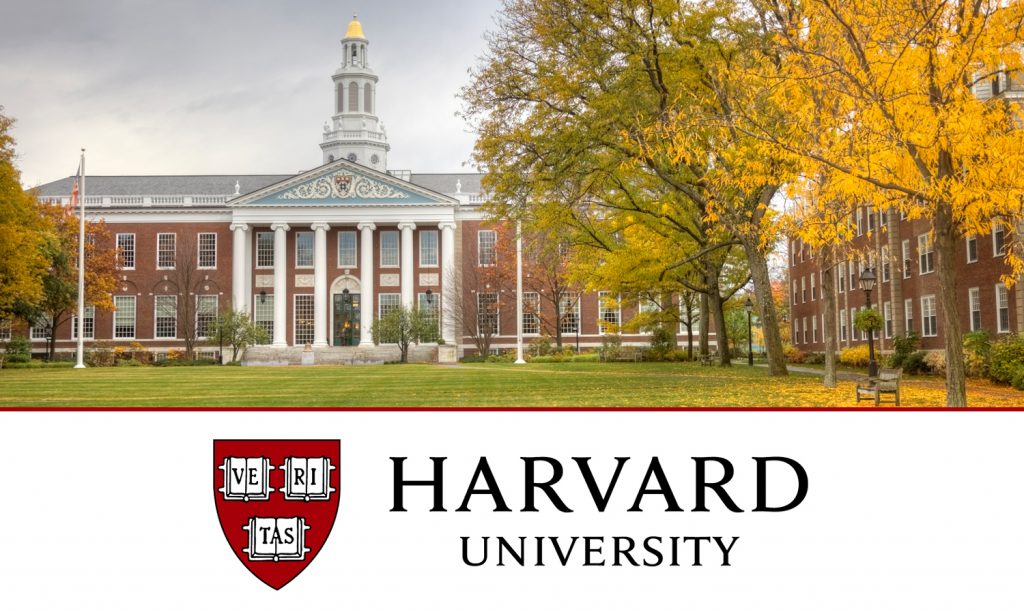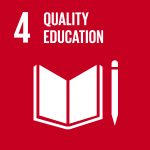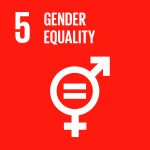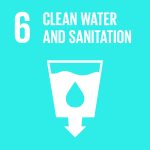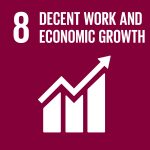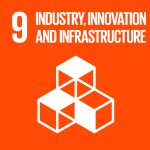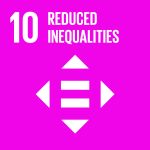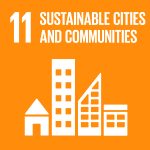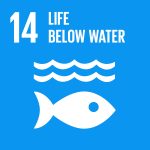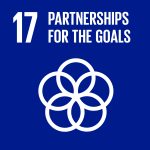Esta web utiliza cookies para que podamos ofrecerte la mejor experiencia de usuario posible. La información de las cookies se almacena en tu navegador y realiza funciones tales como reconocerte cuando vuelves a nuestra web o ayudar a nuestro equipo a comprender qué secciones de la web encuentras más interesantes y útiles.
Leveraging Local Knowledge through Global Practice at Harvard University
Description
Institution
Organizations/areas of the university involved
Harvard University, Faculty of Arts and Sciences, Division of Continuing Education
Country
United States
Case Study Objective: To establish a Master’s in Global Development Practice (MGDP) degree program at Harvard University’s, Faculty of Arts and Sciences, Division of Continuing Education (DCE) to prepare development practitioners with the knowledge and practical skills required to critically evaluate and address the multi-dimensional challenges of sustainable development. These challenges include, but are not limited to climate change, extreme poverty, gender inequality, and access to clean water and sanitation. The DCE’s blend of three learning modalities (face-to-face, distance, and hybrid formats) provide a flexible and affordable option for students unable to attend graduate school full-time. The case study identified Harvard DCE as uniquely qualified and structured to rapidly fulfill the underlying goals and objectives of the Global Association MDP curriculum.
MGDP Core Competencies: The Harvard DCE MGDP degree program offers curriculum that covers the full breadth of the four core competencies of the MGDP: health sciences, natural sciences, social sciences and management sciences. With more than 100 established courses, the DCE draws from faculty across Harvard (e.g., School of Public Health, Medical School, Divinity School, Graduate School of Design, School of Engineering and Applied Sciences, Kennedy School, and the Law School), as well as other institutions of higher education around the world, and leading global practitioners.
Learner-Centered Approach: Harvard DCE has been at the forefront of developing innovative, interactive, and experiential based blended learning since the mid 1980’s. Courses provide learner-centered opportunities through on-line discussion breakout sessions, social media posting within course contexts, hybrid class environments (whereby students meet face-to-face and experience field studies), research evaluation and critique, and student control of learning-speed through asynchronous viewing of lectures.
Field Training Program: The MDP program will foster a “field training in place” approach to the student experience, whereby students will be mentored by their Research Advisor to develop rich and deep relationships with their field training “client”. The client may include NGOs, municipal/state/provincial governments, primary and secondary schools, universities, hospitals, health centers, regional development agencies, commercial enterprises, etc. The learner-centered approach is emphasized, whereby, the selection & development of client relationships, and project scope are the responsibility of the student.
Results and impact measured or expected
The MGDP program was established in the fall of 2018. Admitted students has now reached 35, with more than 50 students indicating admissions into the program in the coming academic year. The Harvard DCE program is open enrollment and can scale to more than 500 students. With more than 160 courses established, the program meets and exceeds the Global Association (http://mdpglobal.org/) curriculum requirements. Further, Harvard has partnered with the Massachusetts Institute of Technology Data, Economics, and Development Practice MicroMasters program, opening access to 100s of more students, while also reducing the costs to obtain a Masters Degree credential from a globally recognized accredited academic institution.
Connection with the SDG framework
Connection to the SDG Framework is an intrinsic property of the MGDP program. The four core curriculum competencies of the MGDP include: health sciences, natural sciences, social sciences and management sciences. The student experience is targeted towards preparing development practitioners with the knowledge and practical skills required to critically evaluate and address the multi-dimensional challenges of all of the 17 sustainable development goals. The Harvard DCE MGDP curriculum covers more then 160 courses from anthropology, governance, health sciences, natural sciences, economics, information technology, and foundations of project management.
Barriers and follow up
The primary barrier to establishing the MGDP program was gaining approval at the highest levels of the administration of the Faculty of Arts and Sciences of Harvard University. Careful articulation of the value and the established capabilities allowed for timely approval. Next steps are to make the program a model for other programs as well as reducing the costs and access for students in developing countries.
Education 4 SDG funciona gracias a WordPress
